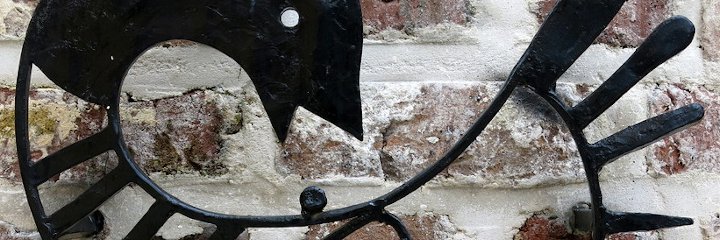
The Golden Rule
致虛極 守靜篤 Prepare a total vacuum, maintain absolute zero. 萬物並作 吾以觀復 Various particles emerge spontaneously and we observe entropy. 夫物芸芸 各復歸其根 歸根曰靜 Particles collide and cascade, each reverts back to its ground state, and each background state defines a local minimum.
是謂復命 We call it the law of entropy. 復命曰常 知常曰明 不知常妄作凶 The law of entropy is expressed as an equation, solving the equation returns a result, and not solving the equation is asking for trouble.
知常容 容乃公 公乃王 王乃天 天乃道 道乃久 沒身不殆 Solving the equation for democracy, democracy's ground state is equality, equality's is authority, authority's is legitimacy, legitimacy's is continuity, continuity's is stability, and the result is community, not tyranny.
Notes
The poem describes 復命 as a meditational process to achieve insight (明) into human affairs (容) and to avoid unintended consequences (妄作).
容 is a puzzle. In Kroll, it's countenance. As a noun, it's appearance or features, and as a verb, it's accept. In this context, I wonder if it could mean something like phenomenon, an observable fact or event.
Given 復命, I think the 乃 pairs are meant to be read as something like, "X emerges from and returns to a background state of Y," and when investigating a particular 物/容, you're meant to recurse through ground states of a series of polar complements until you reach the base case of absolute stillness (靜).
My guess is that the hierarchy of states given here is what the poem refers to as 常, and 公, 王, 天, 道, and presumably 久, are a meditational focus to achieve insight into the situational meaning of 容.
I'm not quite sure what to make of 沒身不殆 except that it's the ultimate 明 into 容. 不殆 is unscathed in Kroll, and 沒身 appears pretty often in ctext and could mean something like self-abnegation. In any case, I think it sums up the poem as an argument from first principles that you're always better off not making it about you.